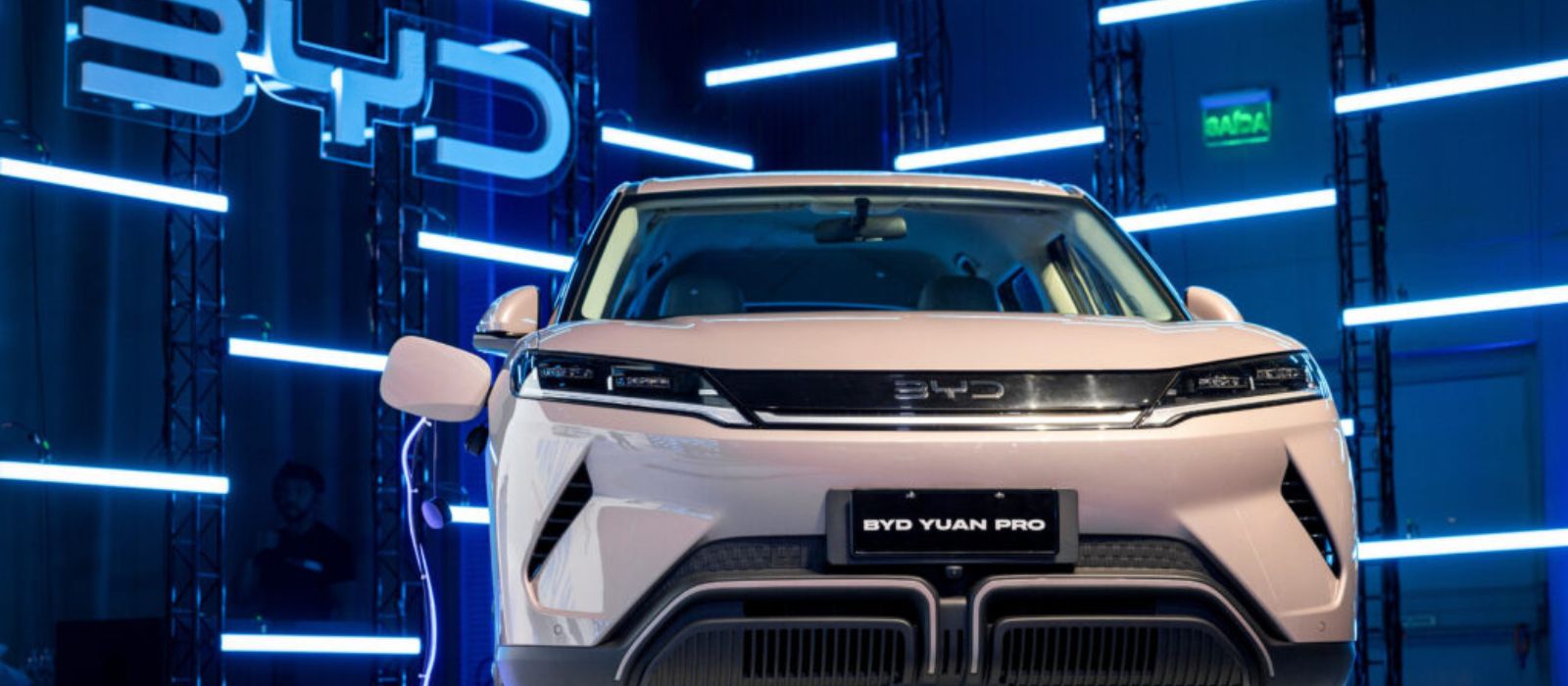
South Africa’s automotive industry, valued at approximately $27 billion, is set to receive a significant boost following the enactment of a tax incentive aimed at promoting the production of new-energy vehicles (NEVs), including electric and hydrogen-powered cars. President Cyril Ramaphosa signed the tax amendment into law on 24 December 2024, enabling manufacturers to claim a 150% tax deduction on investments in NEV production facilities, effective from 1 March 2026.
This legislative move has garnered attention from Chinese automakers, with reports indicating that three companies have entered into non-disclosure agreements with the Automotive Business Council, also known as NAAMSA. While the identities of these firms remain confidential, Mikel Mabasa, Chief Executive Officer of NAAMSA, expressed optimism about the potential influx of investment, stating, “With good government policies, we will attract new investment; we will increase and retain investment.”
The Chinese government has also shown support for this initiative. In December 2024, Wu Peng, China’s ambassador to South Africa, encouraged Chinese electric vehicle (EV) manufacturers to consider establishing operations in the country. He remarked, “We encourage the Chinese companies to consider, very seriously consider, to move some of their assembly lines or value added in South Africa.”
South Africa’s automotive sector is a cornerstone of its manufacturing industry, contributing over 400 billion rand (approximately $21 billion) in exports in 2023. The European Union (EU) and the United Kingdom, which together account for a substantial portion of these exports, have announced plans to phase out internal combustion engine (ICE) vehicles by 2035. This shift underscores the urgency for South Africa to transition towards NEV production to maintain its competitive edge in the global market.
Despite the promising outlook, several challenges persist. The tax incentive, though welcomed, is scheduled to take effect in 2026, which some industry stakeholders believe may delay the necessary transition. Mikel Mabasa noted that while the incentive is a crucial step, additional measures are required to expedite the industry’s shift towards NEVs.
Furthermore, the lack of detailed implementation guidelines has raised concerns among manufacturers. Mike Whitfield, head of Stellantis sub-Saharan Africa, emphasized that while the tax amendment is significant, it “cannot and will not on its own be sufficient.” He advocated for comprehensive policies, including investment in charging infrastructure and adjustments to import levies on electric cars, to create a conducive environment for NEV production.
South Africa’s abundant natural resources position it favourably in the NEV supply chain. The country is the world’s largest producer of platinum, a critical component in hydrogen fuel cells, and holds significant reserves of manganese and nickel, essential for lithium-ion battery production. Leveraging these resources could enhance the country’s appeal as a hub for NEV manufacturing.
However, infrastructural challenges, particularly the country’s electricity supply issues, pose potential obstacles. Frequent power outages, known locally as load high carbon intensity of the national grid could impede the development and adoption of NEVs. Addressing these energy concerns is vital to support the industry’s transition.
In addition to the tax incentive, the South African government is considering further measures to promote NEV adoption. President Ramaphosa indicated that incentives for manufacturers, as well as tax rebates or subsidies for consumers, are under consideration to accelerate the uptake of electric vehicles. He stated, “Consideration must be given to incentives for manufacturers, as well as tax rebates or subsidies for consumers, to accelerate the uptake of electric vehicles.”
The global automotive landscape is rapidly evolving, with countries like China leading the charge in NEV production. In 2025, electric vehicle sales in China are expected to surpass traditional vehicle sales for the first time, marking a significant milestone in the clean energy transition. South Africa’s proactive measures, including the recently enacted tax incentive, aim to position the country as a competitive player in this shifting market.
In conclusion, while the 150% tax deduction for NEV production investments represents a pivotal step towards modernizing South Africa’s automotive industry, its success will depend on timely implementation, comprehensive policy support, and addressing infrastructural challenges. Collaboration between the government, industry stakeholders, and international partners, particularly from China, will be essential to navigate the transition and secure the industry’s future in the global NEV market.


